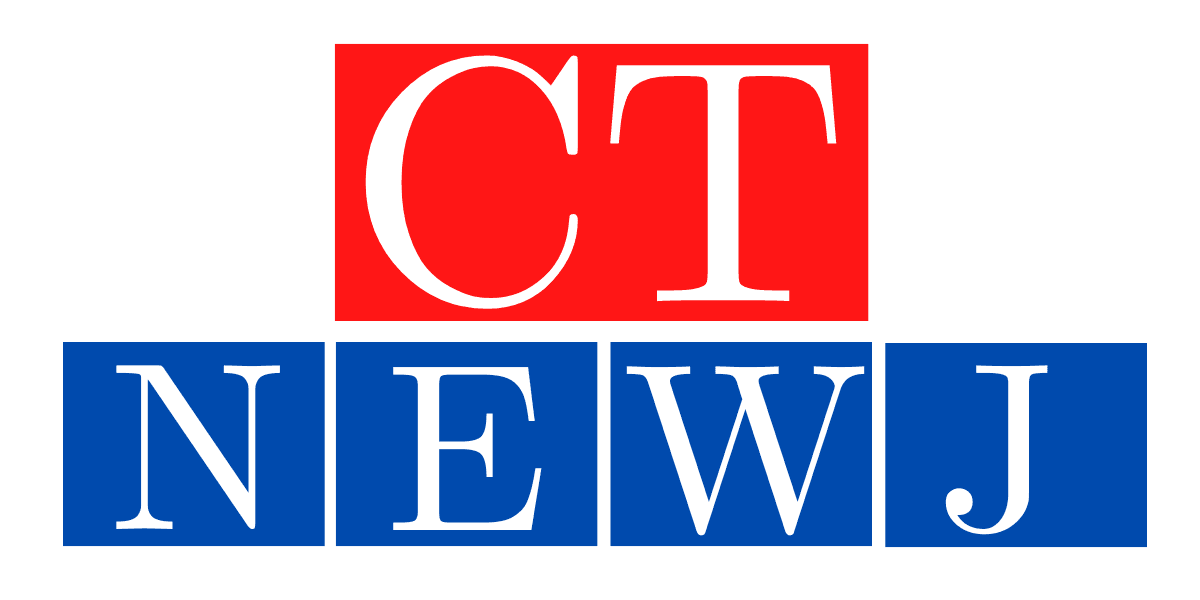The triumph of reformist Masoud Pezeshkian in the Iranian presidential election demonstrates that the Islamic Republic, despite its economic difficulties and social unrest, is still capable of surprising people. Pezeshkian opposes moral policing of women and advocates for engagement with the West rather than confrontation. The so-called “principalists” (conservatives), who opposed reforms, dominated Iran’s executive, legislative, and judicial branches until a few months ago. Protests and state repression occurred in the past few years as well. The revolt appeared to be winding down. However, a candidate advocating for change was chosen by the Islamic Republic in a poll prompted by the conservative Ebrahim Raisi’s death in a helicopter accident in May.
Up until last month, Mr. Pezeshkian was a relatively unknown figure, with his main administrative experience being a cabinet position in the Khatami government more than 20 years ago. Iran’s reformist coalition, which had been weakened by consecutive electoral defeats, threw its support behind him after the Guardian Council approved his candidature. Mr. Khatami received the support of Hassan Rouhani, the moderate cleric who served as President from 2013 to 21. He defeated conservative opponent Saeed Jalili with 53.6% of the vote in the July 5 run-off.
More Iranian voters have abstained from voting in protest at the system in recent years. The first round of the presidential election had 39.9% of voters participate, which sparked discussions about the semi-representative system’s credibility crisis. However, more people entered the runoff because they thought the reformists would win. Even with a conservative consolidation in support of Mr. Pezeshkian, he was able to overcome Mr. Jalili thanks to the nearly 50% turnout. The fact that Mr. Pezeshkian has previously voiced disapproval of the way security personnel handled protests suggests that voters hold great expectations for him. In order to resurrect the 2015 nuclear agreement, which Washington undermined in 2018, he also supports talks with the West.
In a system that is strictly governed by the Shia clergy, it remains to be seen how far he may get. The Supreme Leader is in charge of Iran’s theocracy, while the President, the highest elected official, has few powers. Mr. Pezeshkian should not hesitate to advocate for change, though, given his strong mandate. His win should be interpreted by the clerical establishment as a public statement. This is an opportunity to encourage cautious engagement with the outside world and modest reforms at home. Iran could survive the engulfing storm if Mr. Pezeshkian and the clerics can come to an agreement.
ABHISHEK VERMA




